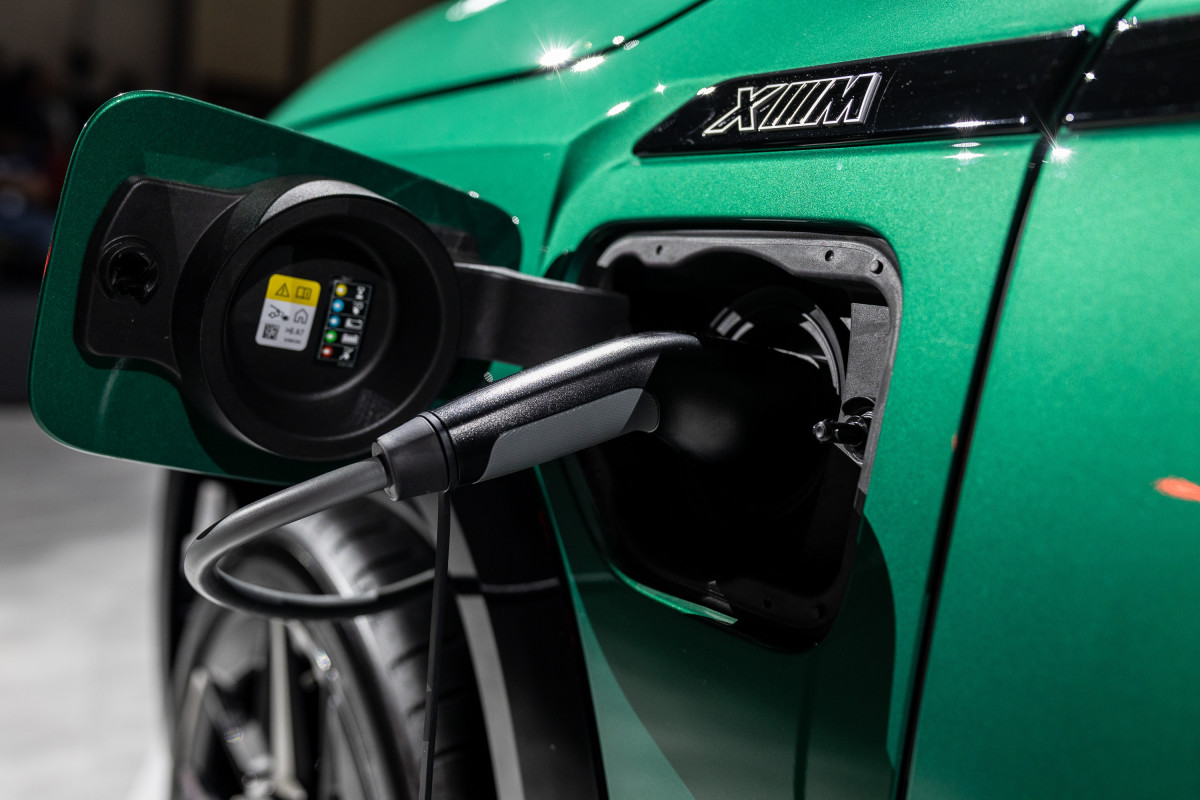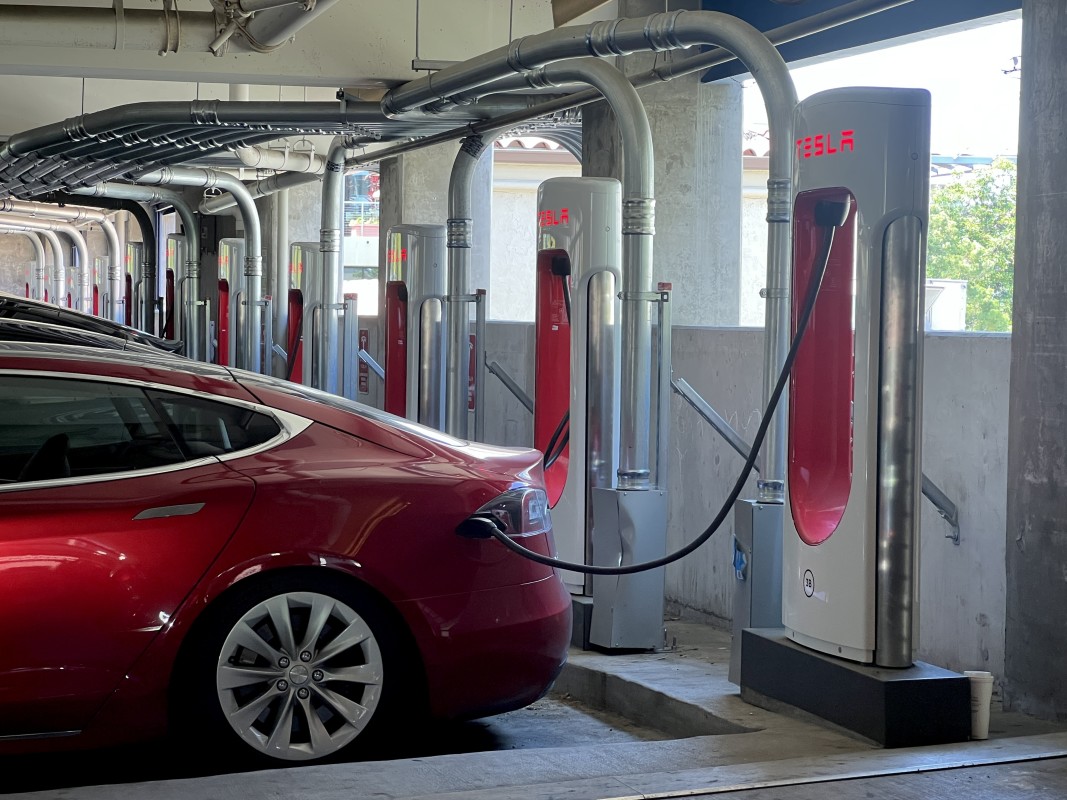
Compared to their gas-powered counterparts, electric vehicles tend to be a lot more expensive.
The Chevrolet Equinox starts at a reasonable $28,600, while its electric counterpart starts at $41,900. A gas-powered crew cab Ford F-150 starts at $43,620, and the Ford F-150 Lightning begins at $62,995. The posh BMW i5 commands a price tag of $66,800, compared to only $57,900 for a gas-burning 5-series.
While going electric does come with a premium, a new study from J.D. Power says that investing some extra dough in an EV might save you money in the long run compared to cheaper gas guzzlers.

Gas-powered vs. electric vehicles: Which are cheaper in the long run?
J.D. Power, a consumer group known for its rankings and awards, surveyed the ownership costs of EVs versus gas-powered, internal-combustion-engined (ICE) cars over five years. Within that timeframe, owning an electric car is cheaper than running a gas car in 48 out of 50 states.
According to the report, EV owners who live in states like Colorado, Illinois, and Nevada save the most, with average savings of $8,493, $8,751, and $9,216, respectively, compared to equivalent gas cars over a five-year span.
However, drivers in New Jersey save the most when they opt for an EV instead of an equivalent gas-guzzler that they can't fuel up themselves, saving an average of $10,345 over five years.
On the flip side, EV ownership in Maine and West Virginia costs drivers $1,619 and $1,800 more over the same period compared to a gas-powered car.
More Business of EVs:
- Porsche and Mercedes diverge at EV crossroads
- A Fisker-type problem is affecting an automaker known for quality
- Police officer pulls over Waymo robotaxi, is greeted by no driver or passengers
J.D. Power's methodology
J.D. Power came up with these numbers by examining different transaction prices, taxes, local gas prices, electricity rates, and various zero-emission vehicle incentives from state and local governments. The organization says that the long-term savings highlight the need for modern-day car buyers to consider the bigger picture: that a relatively "cheap" car can actually be expensive to own over time.
"A lot of everyday shoppers view their financials through that traditional car deal lens where they're really just looking at that up-front transaction price," Stewart Stropp, executive director of J.D. Power's EV practice, told Automotive News.
Though car buyers expect to pay more to fill up an SUV like a Chevrolet Tahoe than a compact Honda Civic, EV-specific expenses are more complex and vary by state.
Related: The 10 least dependable cars according to Consumer Reports
A changing EV landscape
Different states have different electricity rates, for instance. Residents in northeastern states like Connecticut, Maine, and New York pay a lot for electricity, which can cause EV owners to save only a small amount on fuel over five years. EV owners in California pay more for car insurance because they tend to favor premium models with expensive insurance rates.
However, some states offer better incentives that make EV ownership very tempting. In Colorado, for instance, the $7,500 federal tax credit is tacked onto state incentives that can add up to $5,000 in discounts.
Though the study shows EV ownership can save its owners a bundle of cash compared to gas guzzlers, it is essential to note that the state of EVs and the EV market will change.
Trusted automakers are producing more affordable EVs, and as more EVs hit the streets, states may take action as they find their gas tax revenue slipping away.
On July 1, a new "annual EV registration fee" was enacted in New Jersey. EV owners in the Garden State will have to cough up $250 on top of the yearly registration fee, which will increase to $260 next year and increase by $10 over each of the next four years, capping at $290.
Worst of all, new EV owners will have to pay an extra $1,000 upfront in addition to their registration fee.
The state says the fee is in lieu of the gas tax and that the revenue will go into a "Transportation Trust Fund program" to fund various infrastructure programs.
Related: Veteran fund manager picks favorite stocks for 2024







